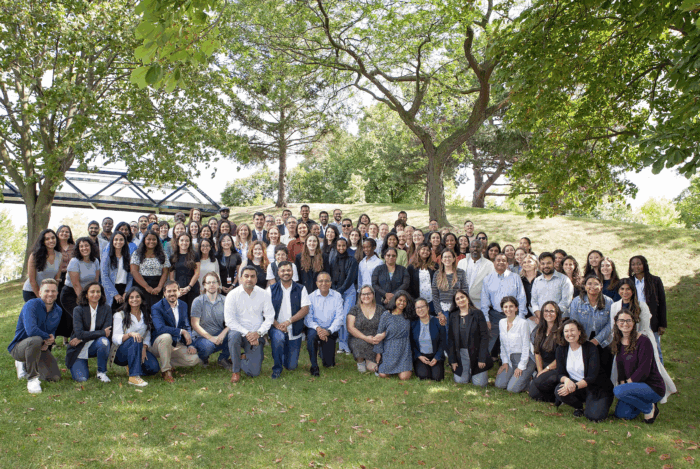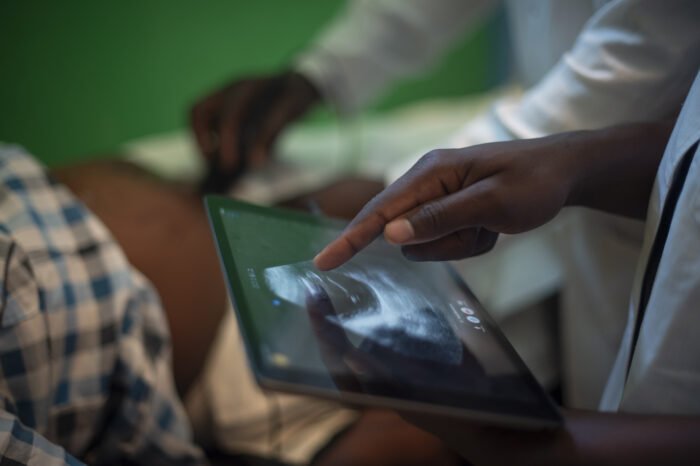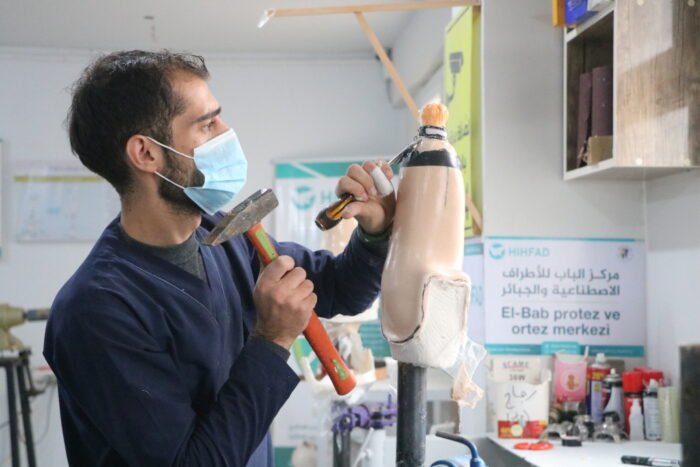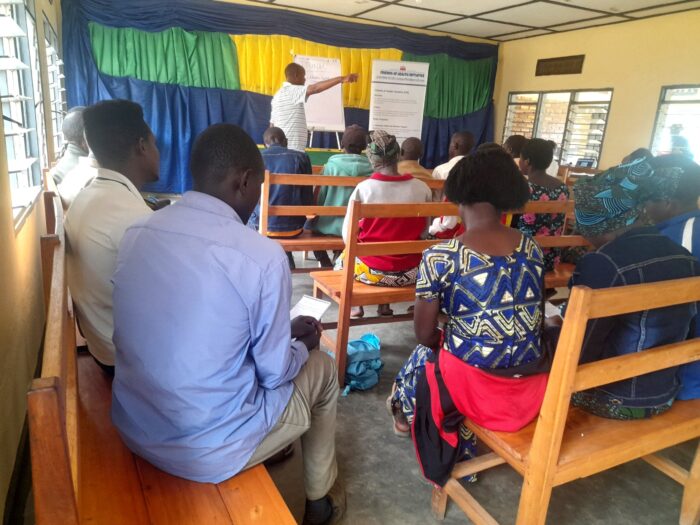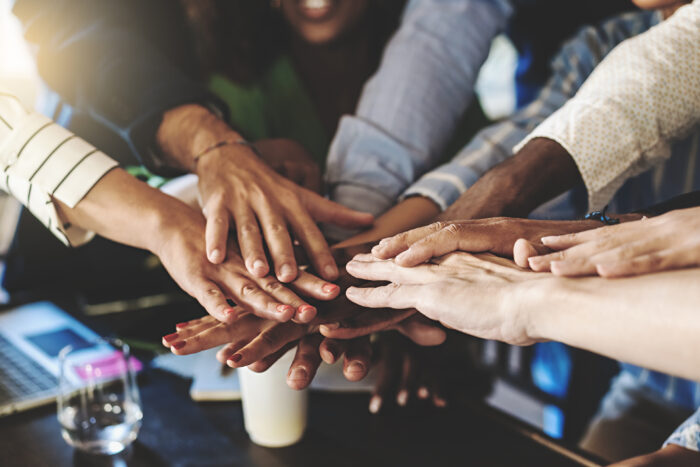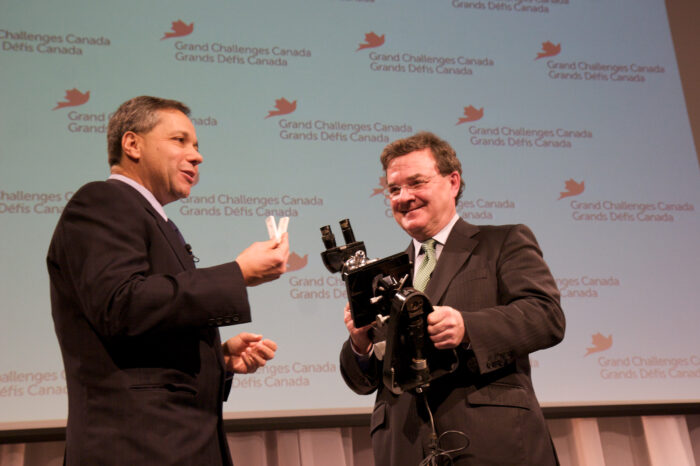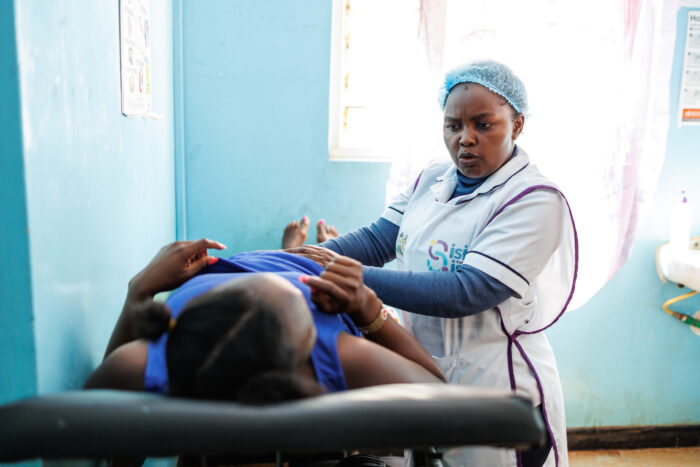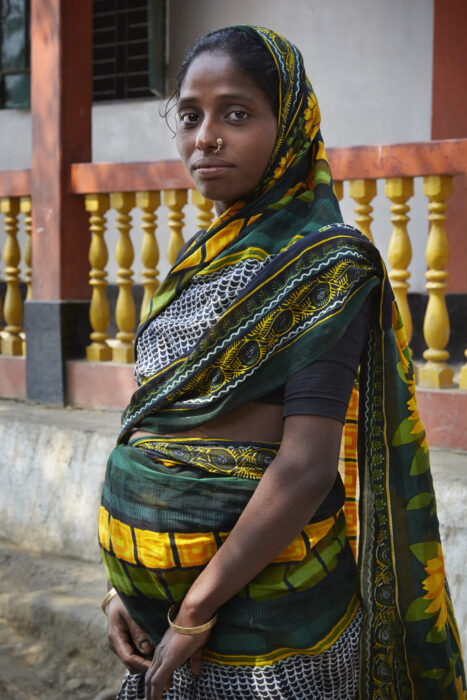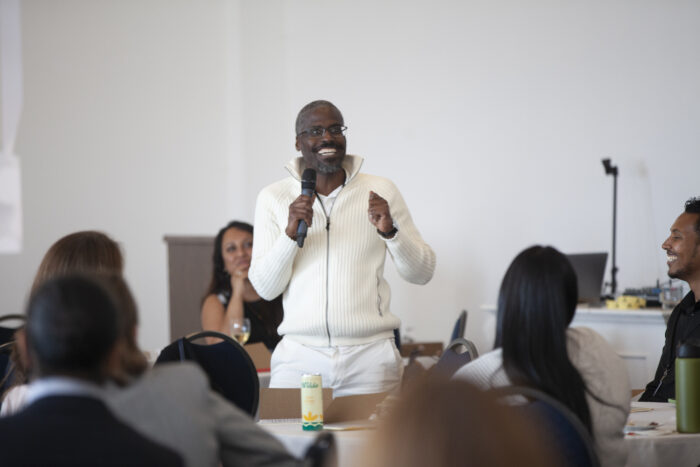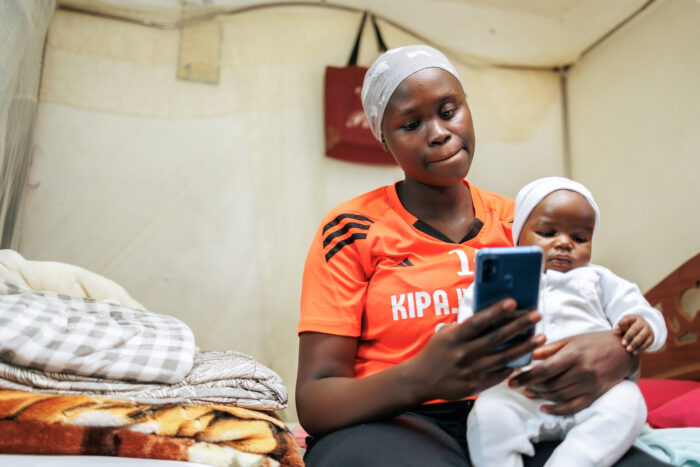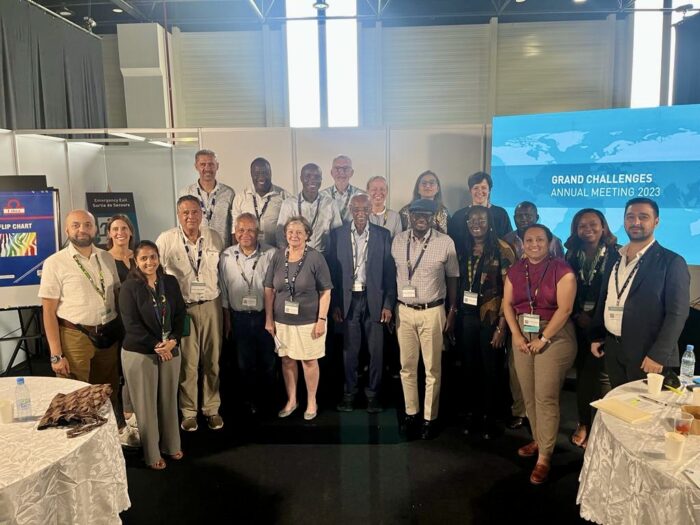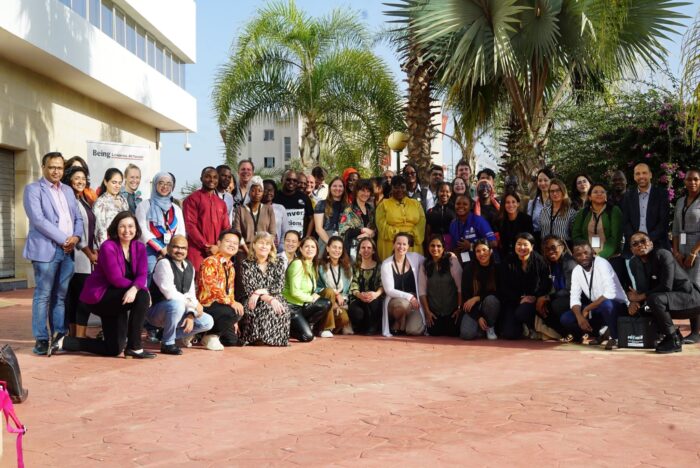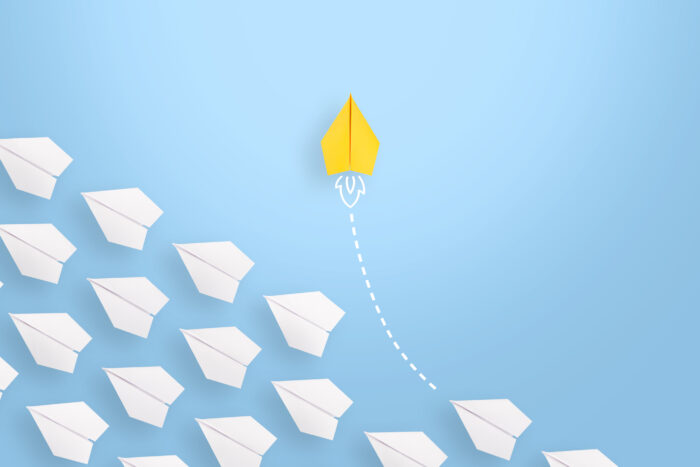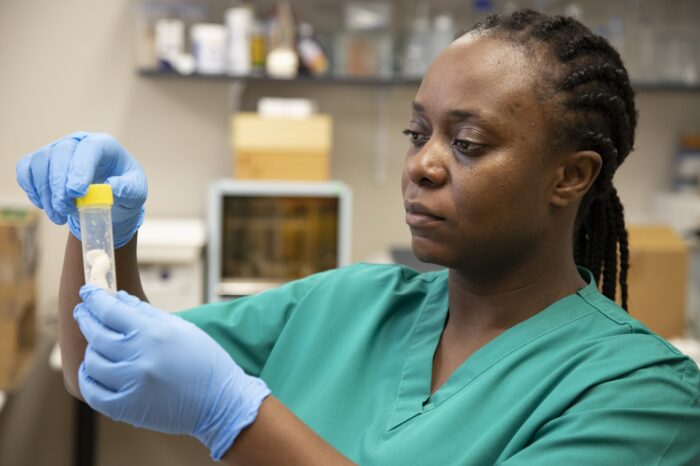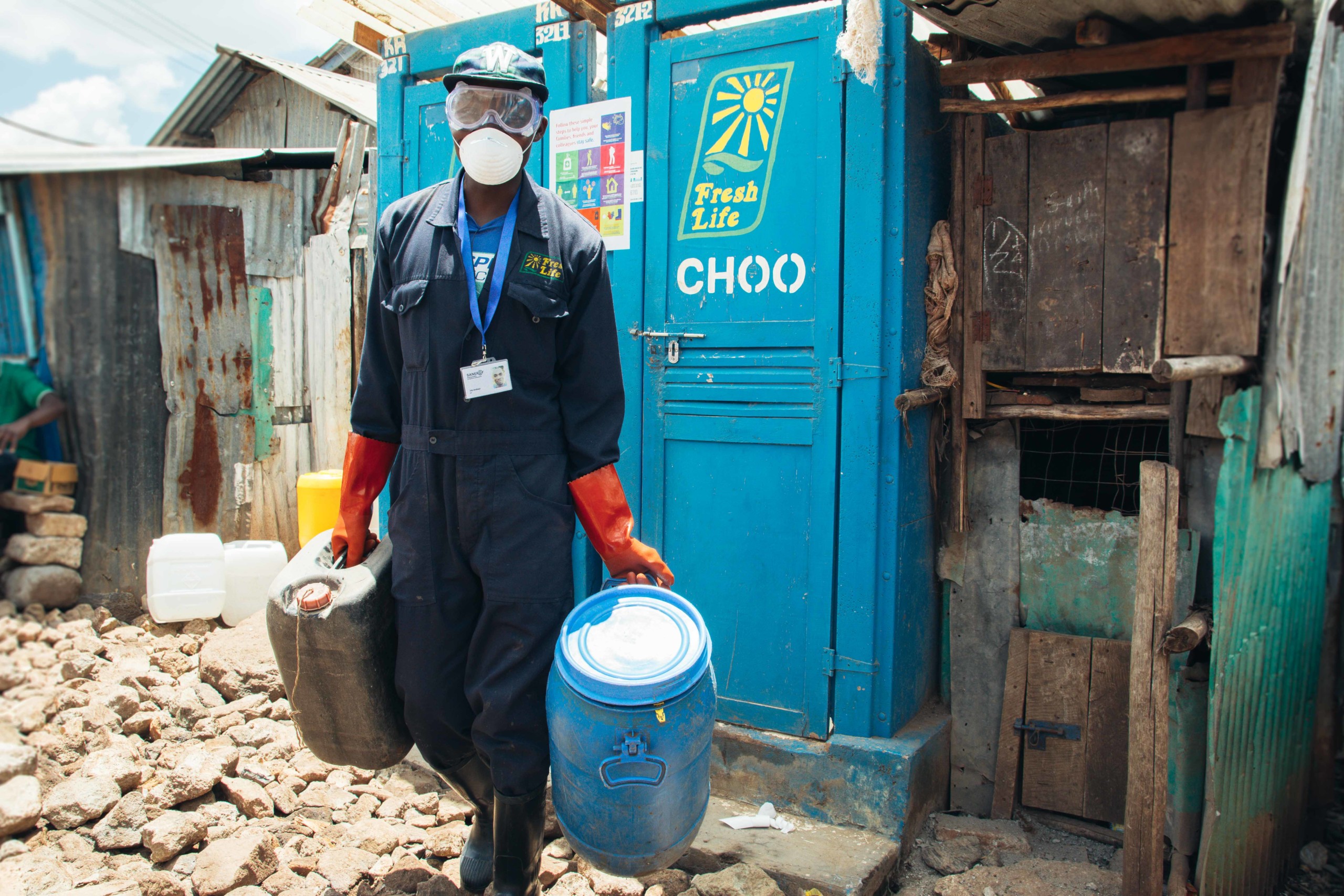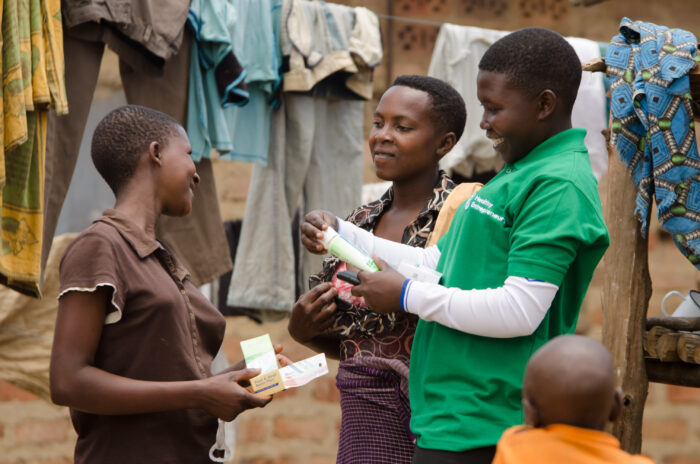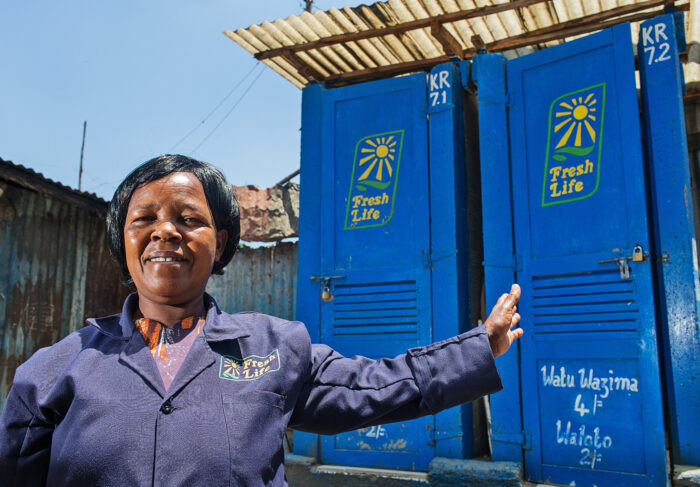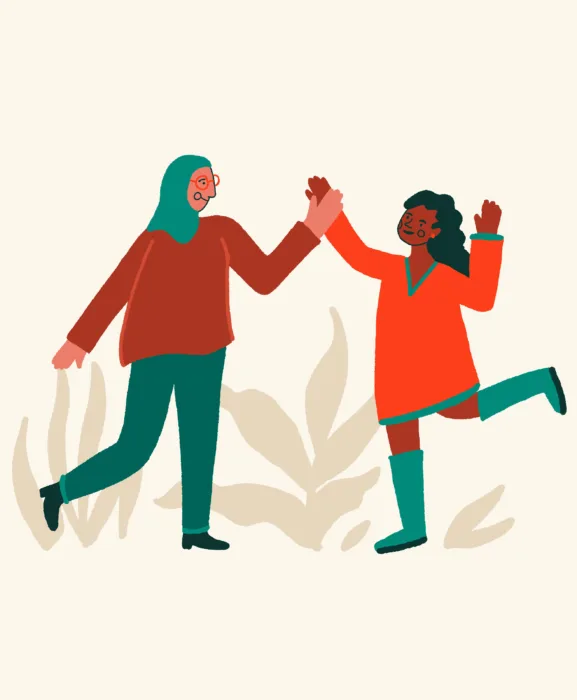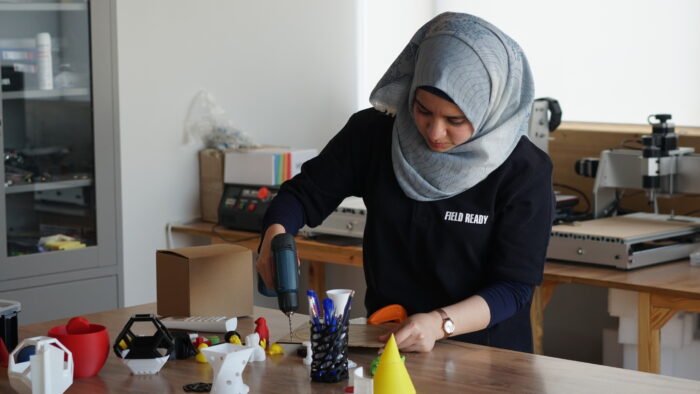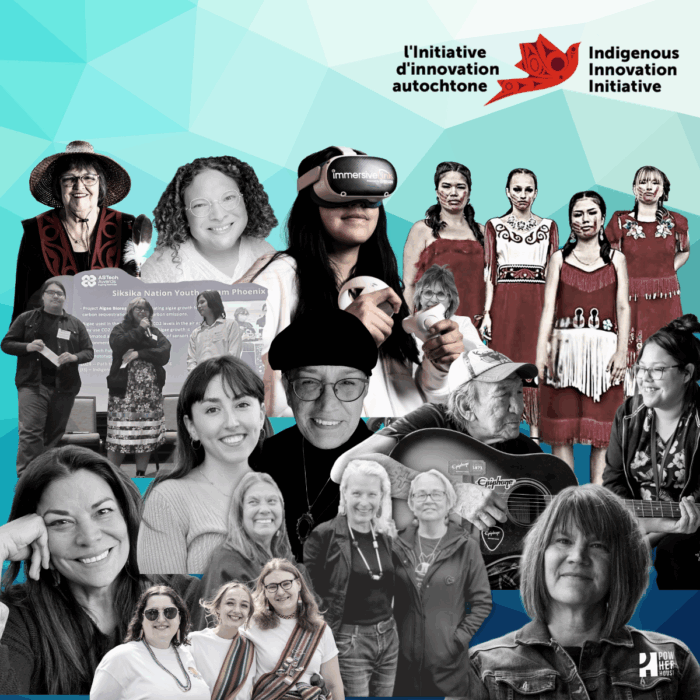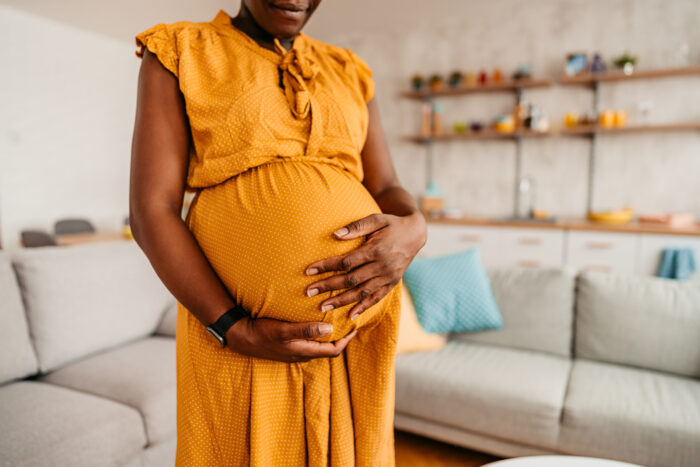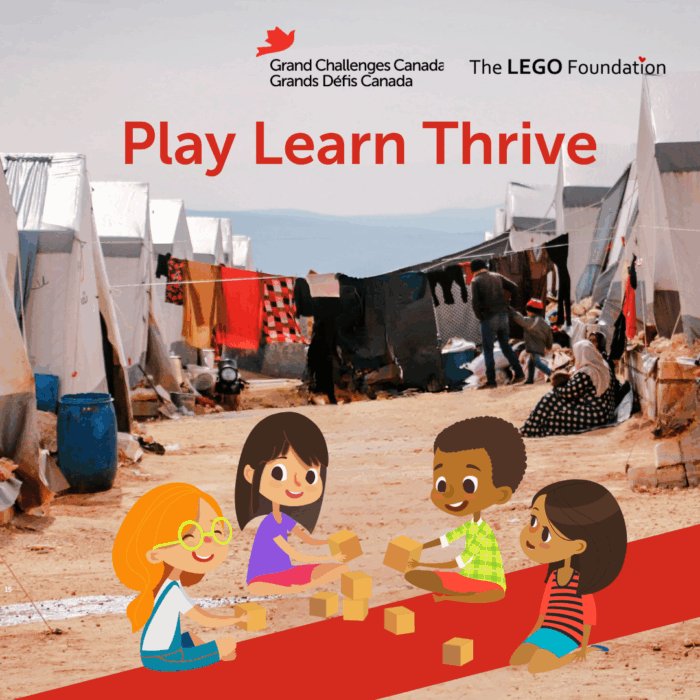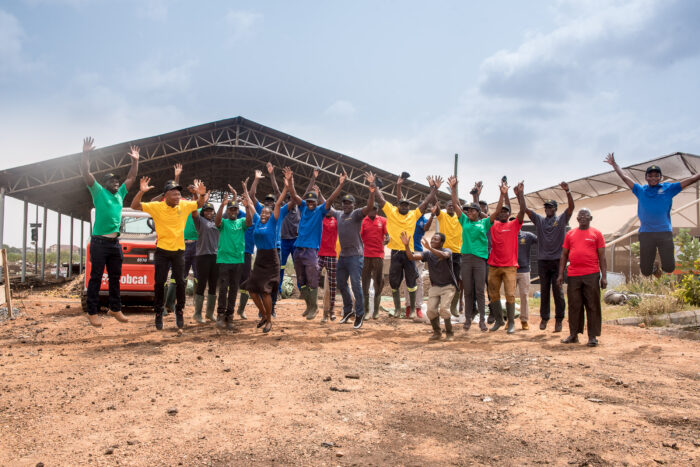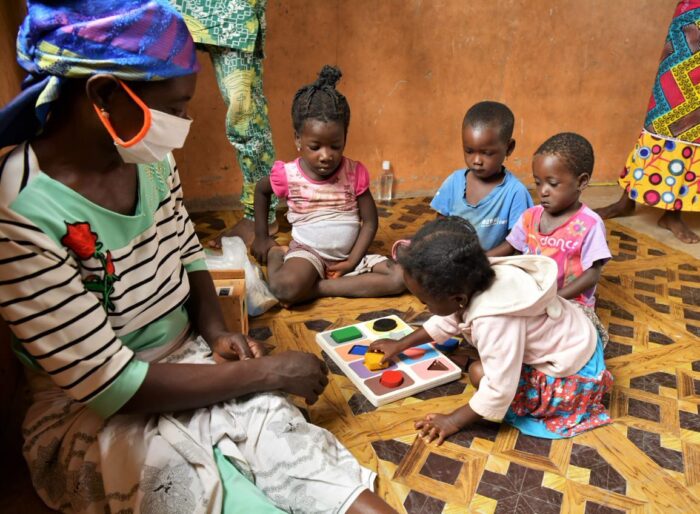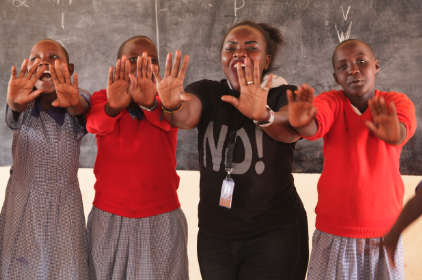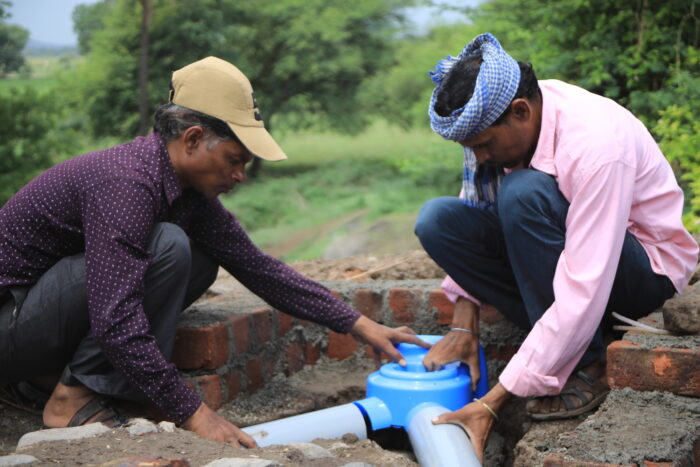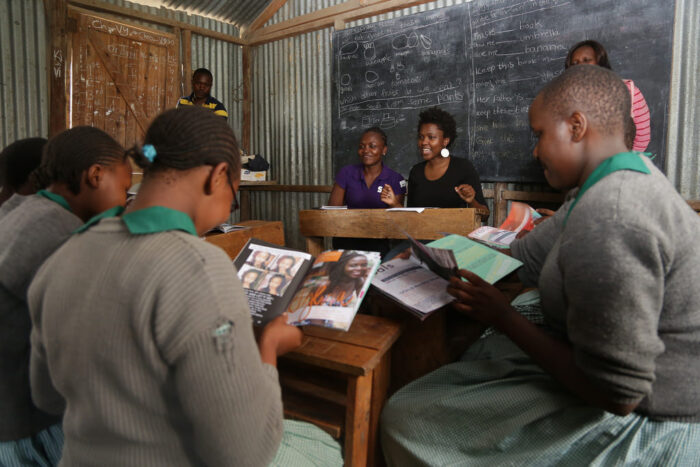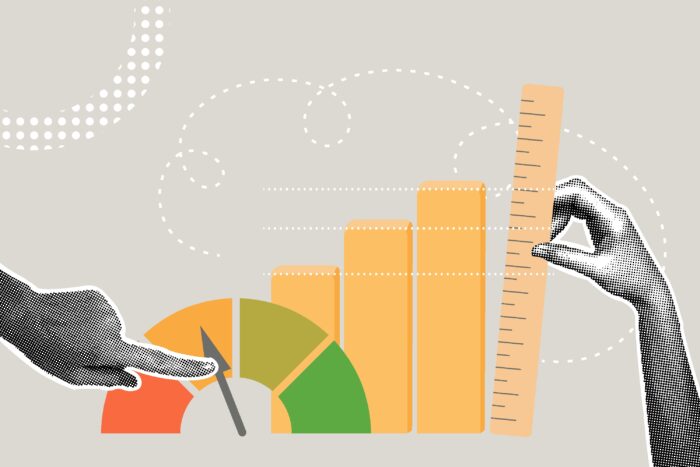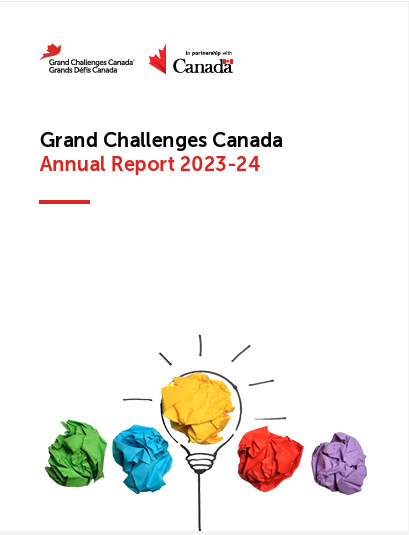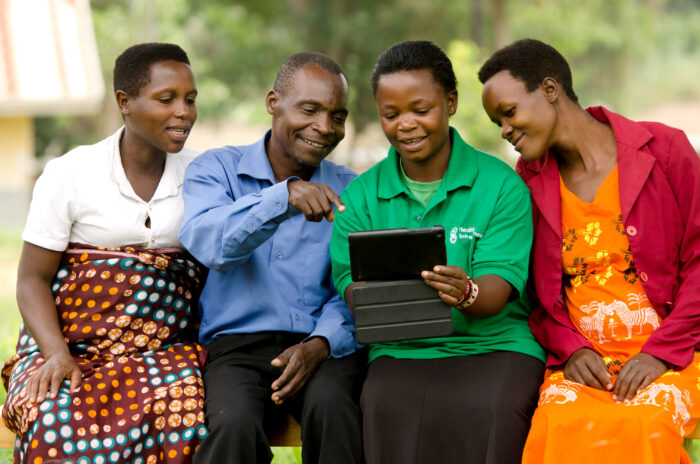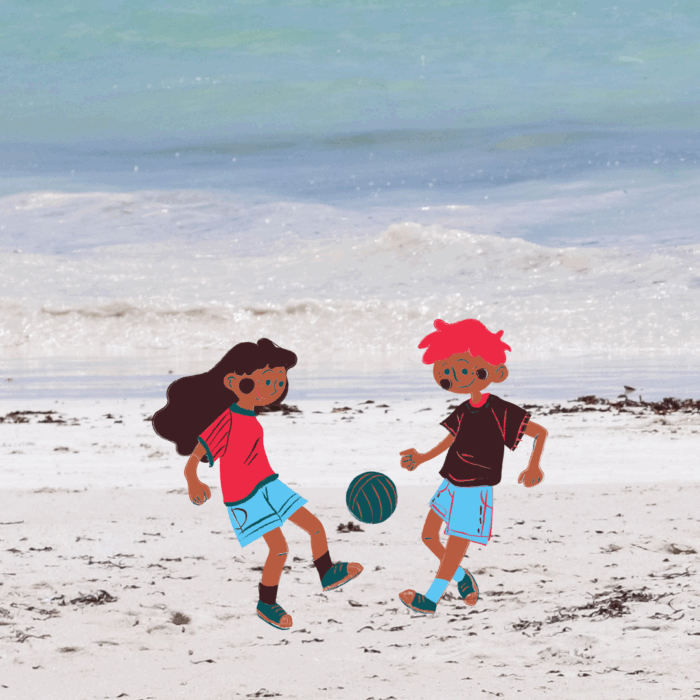Alice Emasu is Founder & Executive Director at Terrewode, Uganda. She is the lead innovator in a project in our Stars In Global Health program that aims to improve obstetric fistula awareness and create an advocacy network
In Africa, Music, Dance and Drama (MDD) connotes courage, victory and heroism. It is also used to treat trauma and stigma. MDD is food to the ear and medicine for the soul. In African tradition, it is a perfect way to communicate and relevant to the people’s culture. Yet, the international obstetric fistula community has not utilized MDD to reach its objectives.
For the uninformed reader, a word first about Obstetric Fistula.
Obstetric Fistula is a rupture between the vagina and rectum or bladder that is caused by prolonged obstructed labor (3 days). Obstetric fistula most commonly occurs among women who live in undeveloped countries, where early or closely spaced pregnancies and lack of access to emergency obstetric care are primary risk factors causing fistula. If a woman’s labor becomes obstructed, she could remain in excruciating pain for days before her baby is finally dislodged. Her baby likely dies and she is often left with an obstetric fistula, a small hole created by constant pressure from the fetus, which renders her urine and fecal incontinent. A woman with fistula is often ostracized, too often rejected by her husband and pushed into exile, out of her village.
In Uganda, an estimated 140,000 to 200,000 women suffer from obstetric fistula. Since 2006, there has been a slight reduction in the number of cases, from 2.6% to 2% of women of reproductive age (Uganda Demographic Health Survey 2011, 2006). However, the large backlog coupled with new cases (about 1,900 per year) has surpassed the existing care and treatment capacity that can only handle 1,500 to 2,000 each year.
As we mark this year’s International Fistula Day (May 23), it is crucial to understand that we may not achieve the objectives set in the campaign to end fistula without embracing a communication vehicle that is so relevant to the most vulnerable populations in Africa, the poor women and girls affected in developing countries like Uganda. So while the world says “End Fistula, Restore Women’s Dignity,” we in Uganda say; “End Fistula, Save Women’s Dignity.”
Obstetric fistula awareness and advocacy network
With the support of Grand Challenges Canada and the Government of Canada, I designed an innovative and holistic Obstetric Fistula program model that incorporated Music, Dance and Drama through Terrewode, a national not-for-profit organization which I founded 15 years ago and where I serve as the executive director.
Our goal was to identify, treat and reintegrate fistula clients, and equip them with skills and knowledge in theater productions, marketing and advocacy, so they would become champion interveners.- We developed a grassroots social network that enables patients develop projects and activities to generate funds to support a revolving loan program for economic empowerment of survivors. The idea is to build community capacity to eliminate Obstetric fistula while systematically empowering women and girls to meaningfully participate in the development process. An educational grassroots network was carried out using drama and acting to increase awareness and advocacy. A grassroots network comprising of community volunteers, opinion leaders, women’s groups, district managers, and law enforcement officers was established to address the challenge of locating the isolated women and securing treatment and services to end their silent suffering.
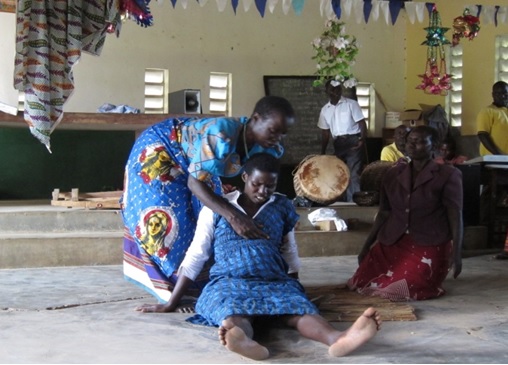
Through the model, we can say we successfully broke the silence on obstetric fistula in Uganda and it earned me and my organization national recognition. The MDD approach not only provided fistula survivors with a platform to share their experiences, it also avails them with opportunities to utilize their talents and knowledge to earn income from their performances for economic self-reliance. Furthermore, it increased awareness and advocacy on the issue.
Terrewode has used MDD as rallying weapon against obstetric fistula. In fact, we see Fistula is a starting point to spur innovations and accelerate commitments to improve maternal and reproductive rights in general. Supported by male well-wishers, over half of the members of the Fistula Soldiery groups actively engaged in the MDD program are women and girls that were successfully treated for fistula and have now taken on MDD to promote awareness and advocacy.
Rendering results and generating impact
In Teso, a sub-region in Eastern Uganda where the fistula campaign began, funding from Grand Challenges helped to setup five fistula solidarity groups between 2013 and 2014. These groups introduced MDD to educate rural communities on risk factors in pregnancy; labor; fistula treatment availability and other services including the social reintegration needs of survivors.
The grant enabled the groups to stage regular educative performances at both community as well as a national level for targeted audiences including members of Parliament, companies and Civil Society organization leaderships. This includes fistula stakeholders in Uganda and globally. Over time, these performances evolved and have now featured national celebrities. CDs and DVDs were recorded and have altered the misconception about fistula being a misfortune or witchcraft.
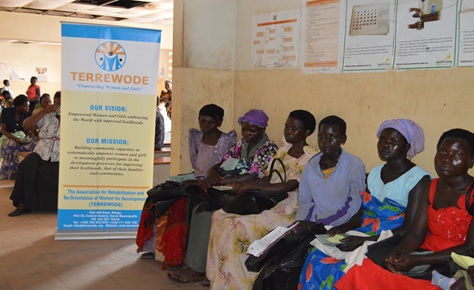
The success of the MDD intervention and the larger fistula campaign is partly because of the innovative Obstetric Fistula Awareness and Advocacy Network (OFAAN) strategy which Terrewode initially invested in. The OFAAN, a community social network of a diverse volunteer workforce, ensures continued fistula education, while identifying the affected women and referring them for free treatment services. It also ensures a regular follow up of women that reintegrated after successful surgeries. The OFAAN is well recognized and recommended for replication by the Uganda ministry of Health in fistula treatment, social reintegration and prevention.
A real-life story
There is no better way to demonstrate the meaningful impact of this innovative approach and the support Grand Challenges Canada has given, then to read this testimony of Irene Mirembe, a Fistula survivor:
“In December 2013, I went to Mulago hospital to give birth to my first born child. I was 20 years old at that time. It was a difficult labour because the baby would not come out when I pushed. I was in labor for one and a half day. Finally though, I was delivered of a stillborn baby. I lost consciousness and the doctors told my relatives that I had died. Later, they discovered that I was still alive but the tear in my birth canal was not repaired. When my husband learned about all this, he picked up the remains of his child and I have never seen him since. My condition was critical, especially when the doctors realized I had fistula. They told my brothers that there is no cure for fistula. My brothers abandoned me in the hospital.
One day, a few people came to see me in the hospital. They told me they worked for TERREWODE and that I could be cured of fistula through surgery. Since I had no one attending to me, I could not afford surgery but they took care of everything, from feeding me to ensuring I received free treatment in Mulago. Right now, I live at The Women’s Empowerment and Self Reliance Center in Soroti that TERREWODE and the Ministry of Health Launched in 2013. From here, I have the opportunity to offer services to other reintegrating women whenever they are enrolled at the center. The center is a venue for rehabilitation and reintegration empowerment of women like me who have no safe place to call home after successful surgery.”
On International Fistula Day (May 23), we are grateful for the progress made but recognize that there are remaining challenges. The problem remains enormous and resources will unfortunately never be enough. We call upon all actors involved, especially governments, to react and help us to tackle the issue.
We encourage you to post your questions and comments about this blog post on our Facebook page Grand Challenges Canada and on Twitter @gchallenges
